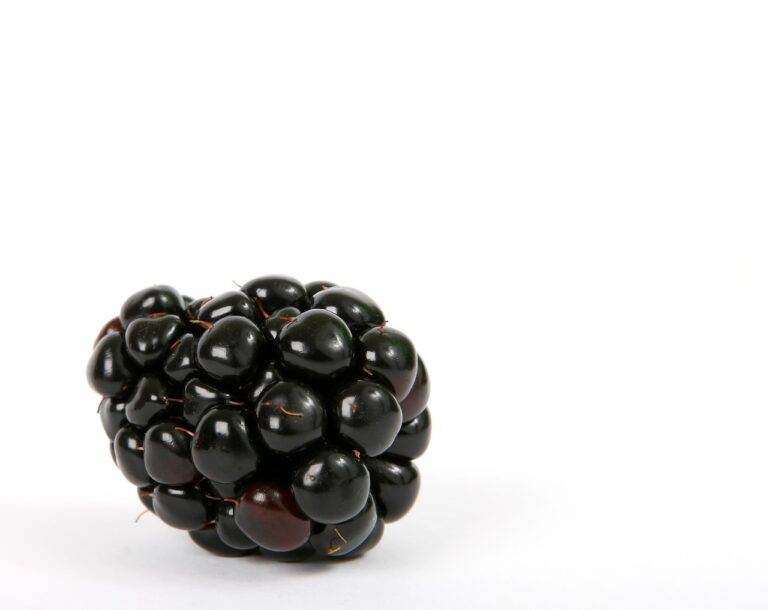How to Build a Custom Wine Cellar
When it comes to planning your wine cellar space, one of the first considerations is the location within your home. Ideally, a wine cellar should be situated in a cool, dark, and relatively humid area. Basements are often a popular choice for wine storage due to their consistent temperature and lack of direct sunlight, but a spare closet or room can also be converted into a suitable wine cellar with the right modifications.
Once you have determined the location for your wine cellar, the next step is to assess the size and capacity needed to accommodate your wine collection. Consider factors such as the number of bottles you currently have, as well as any plans for future wine acquisitions. Shelving, racking systems, and storage units can be customized to fit the dimensions of your space and maximize storage efficiency. Planning ahead and accounting for potential growth in your wine collection will help ensure that your wine cellar remains functional and organized for years to come.
Determining Your Wine Storage Needs
When determining your wine storage needs, it is crucial to consider the quantity of bottles you intend to store. An avid wine collector with a diverse collection will require a larger storage space compared to someone who only keeps a few bottles on hand for occasional consumption. Assess your current collection and factor in potential future acquisitions to ensure your wine cellar can accommodate your needs as they evolve.
Another important aspect to consider when determining your wine storage needs is the type of wines you prefer. Different wines require specific storage conditions to age gracefully and reach their full potential. For instance, red wines generally benefit from being stored at a slightly higher temperature than white wines. Additionally, some wines are more sensitive to light exposure or fluctuations in humidity. By taking into account the specific requirements of your favorite wines, you can tailor your storage space to create the ideal environment for them to mature.
How do I determine how much wine storage space I need?
To determine your wine storage needs, consider factors such as the number of bottles you currently have, how many you plan to add each year, and whether you prefer to store mostly red or white wines.
What are some important factors to consider when planning a wine cellar space?
When planning a wine cellar space, consider factors such as temperature control, humidity levels, lighting, storage racks, and ventilation.
How should I store my wine bottles to ensure they age properly?
To ensure your wine bottles age properly, store them on their side to keep the cork moist, in a cool and dark space with consistent temperature and humidity levels, and away from vibrations.
What are the benefits of investing in a wine storage solution?
Investing in a wine storage solution can help protect your wine collection from temperature fluctuations, humidity issues, and light exposure, ultimately preserving the quality and flavor of your wines over time.
Can I store wine in a regular refrigerator or pantry?
While you can store wine in a regular refrigerator or pantry for short periods, it is not ideal for long-term storage as these spaces may not provide the optimal conditions needed to properly age and preserve wine.





